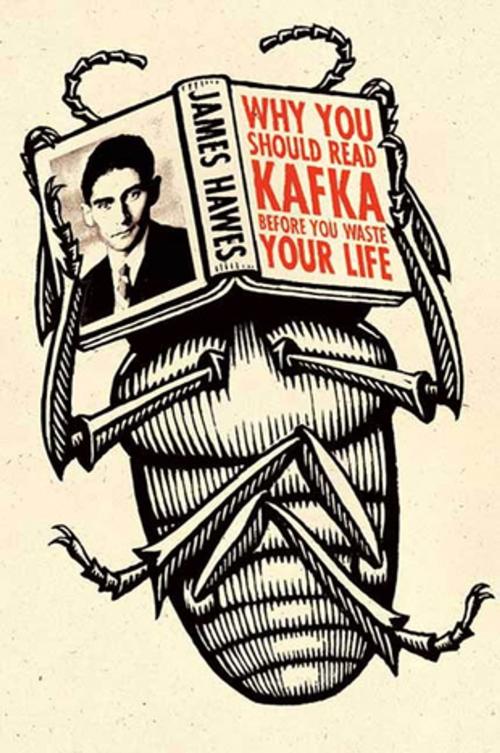Why You Should Read Kafka Before You Waste Your Life
Fiction & Literature, Literary Theory & Criticism, European, Eastern European, Biography & Memoir, Literary| Author: | James Hawes | ISBN: | 9781429988834 |
| Publisher: | St. Martin's Press | Publication: | July 8, 2008 |
| Imprint: | St. Martin's Press | Language: | English |
| Author: | James Hawes |
| ISBN: | 9781429988834 |
| Publisher: | St. Martin's Press |
| Publication: | July 8, 2008 |
| Imprint: | St. Martin's Press |
| Language: | English |
Everybody knows the face of Franz Kafka, whether they have read any of his works or not. And that brooding face carries instant images: bleak and threatening visions of an inescapable bureaucracy, nightmarish transformations, uncanny predictions of the Holocaust. But while Kafka's genius is beyond question, the image of a mysterious, sickly, shadowy figure who was scarcely known in his own lifetime bears no resemblance to the historical reality. Franz Kafka was a popular and well-connected millionaire's son who enjoyed good-time girls, brothels, and expensive porn, who landed a highly desirable state job that pulled in at least $90,000 a year in today's dollars for a six-hour day, who remained a loyal member of Prague's German-speaking Imperial elite right to the end, and whose work was backed by a powerful literary clique.
Here are some of the prevalent Kafka myths:
*Kafka was the archetypal genius neglected in his lifetime.
*Kafka was lonely.
*Kafka was stuck in a dead-end job, struggling to find time to write.
*Kafka was tormented by fear of sex.
*Kafka was unbendingly honest about himself to the women in his life – too honest.
*Kafka had a terrible, domineering father who had no understanding of his son's needs.
*Kafka's style is mysterious and opaque.
*Kafka takes us into bizarre worlds.
James Hawes wants to tear down the critical walls which generations of gatekeepers---scholars, biographers, and tourist guides---have built up around Franz Kafka, giving us back the real man and the real significance of his splendid works. And he'll take no prisoners in the process.
Everybody knows the face of Franz Kafka, whether they have read any of his works or not. And that brooding face carries instant images: bleak and threatening visions of an inescapable bureaucracy, nightmarish transformations, uncanny predictions of the Holocaust. But while Kafka's genius is beyond question, the image of a mysterious, sickly, shadowy figure who was scarcely known in his own lifetime bears no resemblance to the historical reality. Franz Kafka was a popular and well-connected millionaire's son who enjoyed good-time girls, brothels, and expensive porn, who landed a highly desirable state job that pulled in at least $90,000 a year in today's dollars for a six-hour day, who remained a loyal member of Prague's German-speaking Imperial elite right to the end, and whose work was backed by a powerful literary clique.
Here are some of the prevalent Kafka myths:
*Kafka was the archetypal genius neglected in his lifetime.
*Kafka was lonely.
*Kafka was stuck in a dead-end job, struggling to find time to write.
*Kafka was tormented by fear of sex.
*Kafka was unbendingly honest about himself to the women in his life – too honest.
*Kafka had a terrible, domineering father who had no understanding of his son's needs.
*Kafka's style is mysterious and opaque.
*Kafka takes us into bizarre worlds.
James Hawes wants to tear down the critical walls which generations of gatekeepers---scholars, biographers, and tourist guides---have built up around Franz Kafka, giving us back the real man and the real significance of his splendid works. And he'll take no prisoners in the process.















